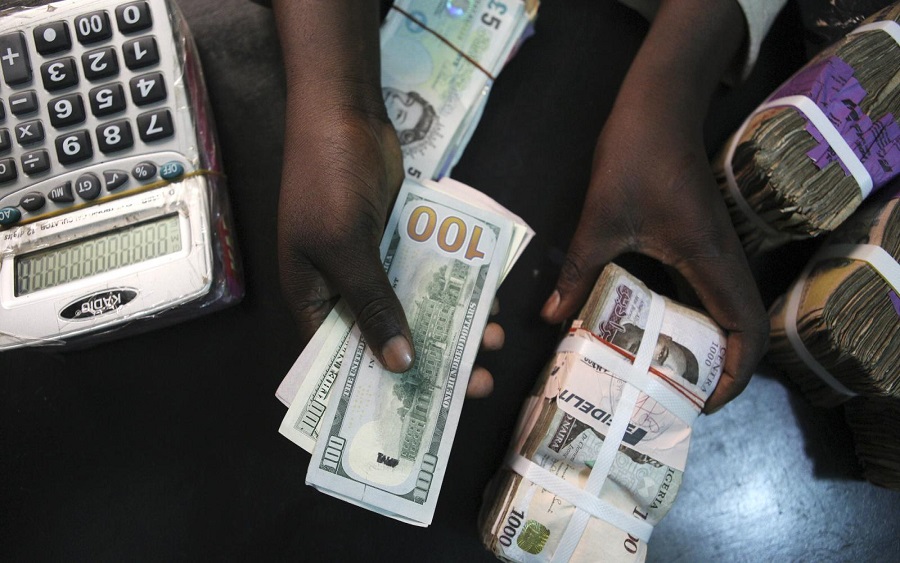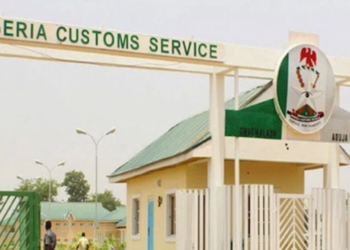The President of the Lagos Chamber of Commerce and Industry (LCCI), Mr Babatunde Ruwase, has opposed the new import duty exchange rate set by the Central Bank of Nigeria.
Ruwase, while speaking during a press briefing on the state of the economy during the first quarter, stated that the new import duty exchange rate needed to be reversed as soon as possible.
Why the policy should be reversed: The LCCI President said that the economic management currently being portrayed was not a good example of what the present administration professed to do in terms of investment growth and economic diversification.
“Investors are currently grappling with a difficult operating environment manifesting in high infrastructure deficit, weak purchasing power, increasing poverty incidence, high unemployment and fragile economic growth.
“This is not a time to introduce a policy measure that would impose an additional cost on investors. Already, the sharp depreciation in the exchange rate in the last few years had resulted in high import duty across all sectors, including duties on raw materials and intermediate products used in the industries.”
The Implications: Ruwase listed some of the implications of the foreign exchange rate review to include
- High cost of raw materials
- Inflationary pressure on products and services across sectors
- Erosion of profit margins for investors
- Negative welfare effect on citizens as general price level increases.
- Weak capacity of businesses to create jobs
- Weaker purchasing power of citizens leading to higher poverty incidence.
“On account of the foregoing adverse implications for the Nigerian economy and the welfare of citizens, we call for an immediate reversal of the exchange rate increase for the purpose of computation of import duty.”
The Central Bank of Nigeria had three weeks ago, changed the exchange rate for Customs duty from N306 per dollar to N326/$ without explaining the reason for the action.
The sudden change has attracted wide condemnation from operators and stakeholders in the sector as they try to adjust with the losses and differences. This has an even more negative impact on those that conducted their transactions at the exchange rate of N306/$ before the sudden increase, in which they will have to pay more now.
Read This: CBN disburses N607 billion to fund agricultural projects





















Government will subside petrol, foreign exchange, energy, interest rate among others. What will remain to fund living wage,education, infrastructure, security and other essentials? May our leaders have courage to do the right thing and spend wisely to save us from bankruptcy.